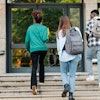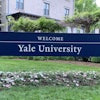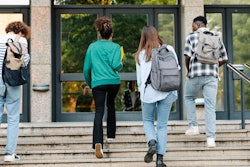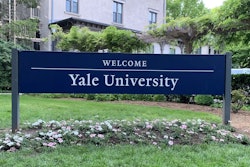With $50,000 in seed money from the National Science Foundation (NSF) already in place, institutions taking part in the New York Region Innovation Corps (I-Corps™) Hub are gearing up for work that will commence full force in January 2022 when NSF provides the first of five annual $3 million disbursements to City University of New York (CUNY). With this largest-ever award from NSF to CUNY, CUNY will lead a coalition of colleges and universities in a program that provides entrepreneurial training and mentoring to local academic researchers.
For the past decade, CUNY has utilized the NSF’s I-Corps model, which uses experiential education to help researchers from diverse backgrounds gain insight into entrepreneurship, business, industry requirements and challenges. The New York Region Hub is one of five networks around the country that guide researchers in bringing their scientific and engineering discoveries to fruition as commercial ventures that propel economic growth and narrow racial and gender gaps in STEM. John Blaho
John Blaho
“We’ve been building this infrastructure for over 10 years, and now we’re able to start scaling it,” said Dr. John A. Blaho, CUNY’s director for industrial-academic research.
Increasing the scale will enable the additional inclusion of students from CUNY’s community colleges and four-year institutions along with faculty and graduate students who’ve previously taken part. The goal is to increase STEM diversity at all levels. Blaho noted that many CUNY students are first-generation college students and are either immigrants or the children of immigrants.
This will involve deep technology, which is how startup companies with the expressed objective of providing technology solutions are classified. Blaho said it teaches the students a mindset of not just creating things to make a profit, but also to enhance the lives of people in the students’ communities.
“We have an approach that we call, See Me, Be Me,” said Blaho, who will be the Hub director. “By us now being able to expand and be more inclusive, we will have more instructors, more leaders participating, so that the students will see people and say, ‘I can do this.’”
Students will be trained in an experiential learning program. The students go out into their communities and engage with community members about what they need and what sorts of technologies could improve their lives. They then report back to their cohort what they have learned.














